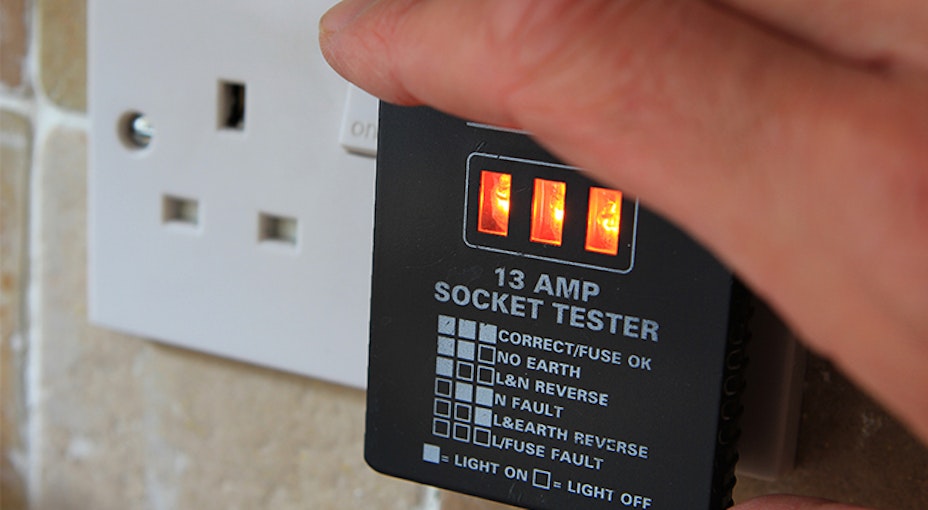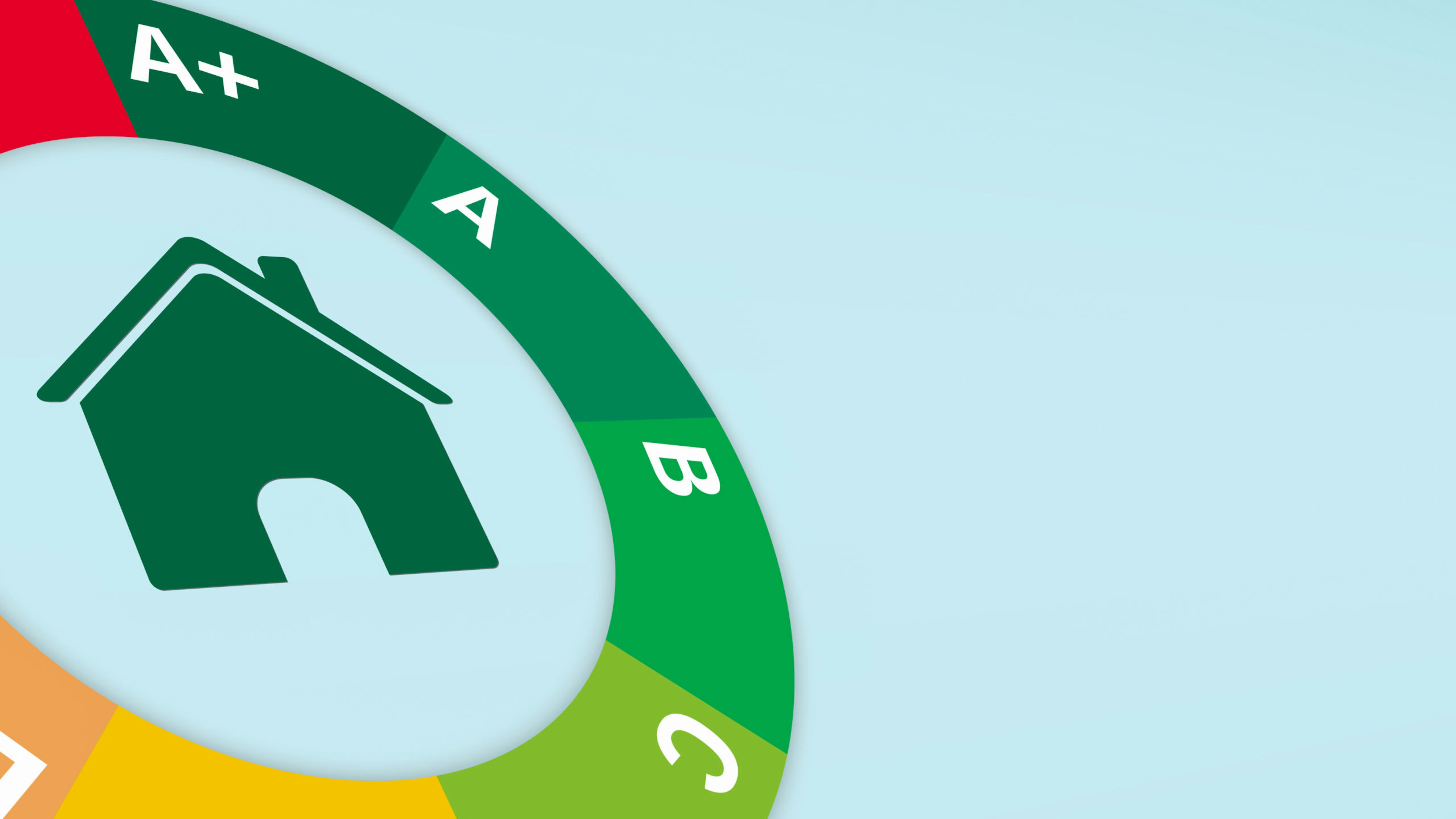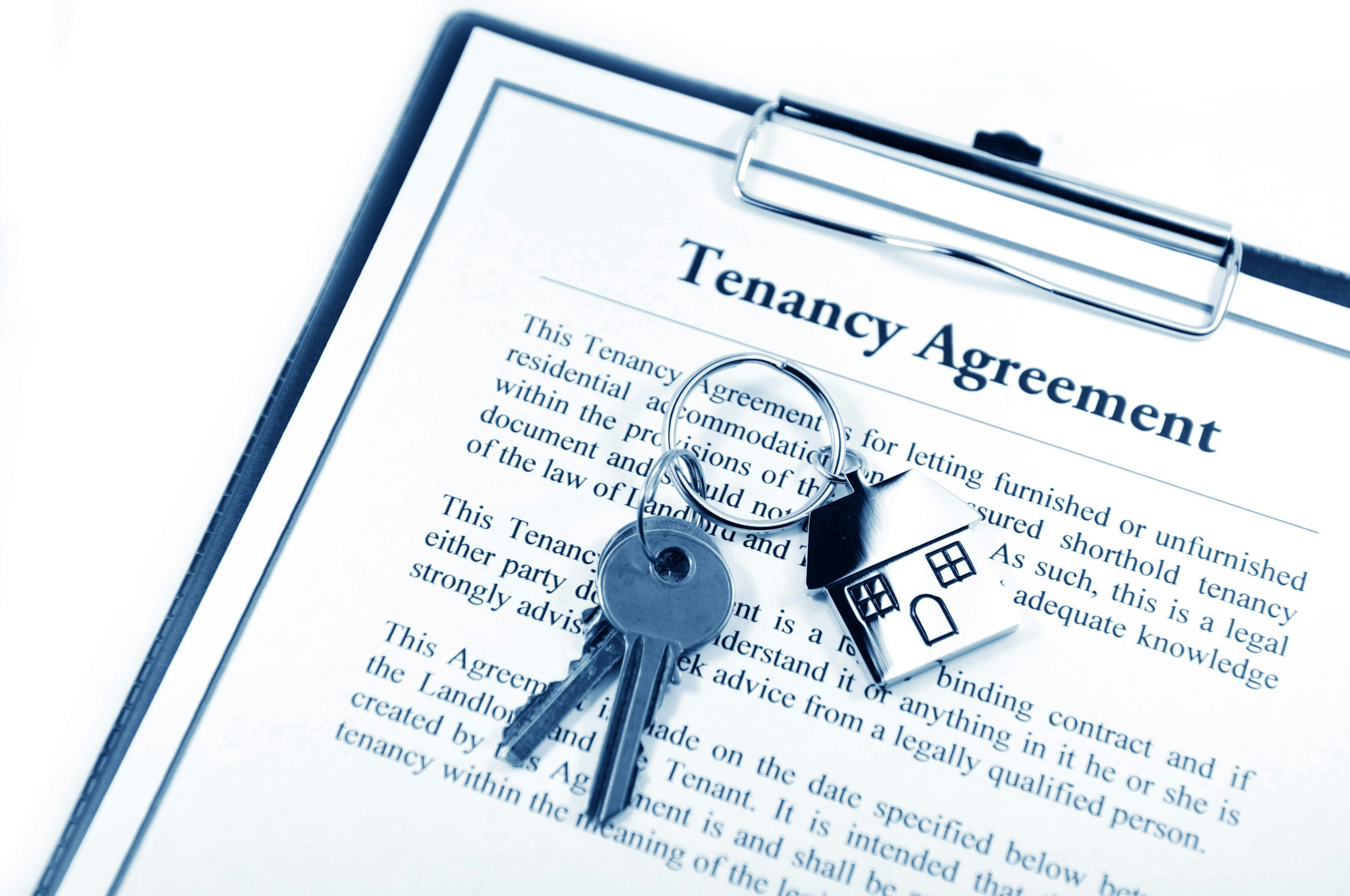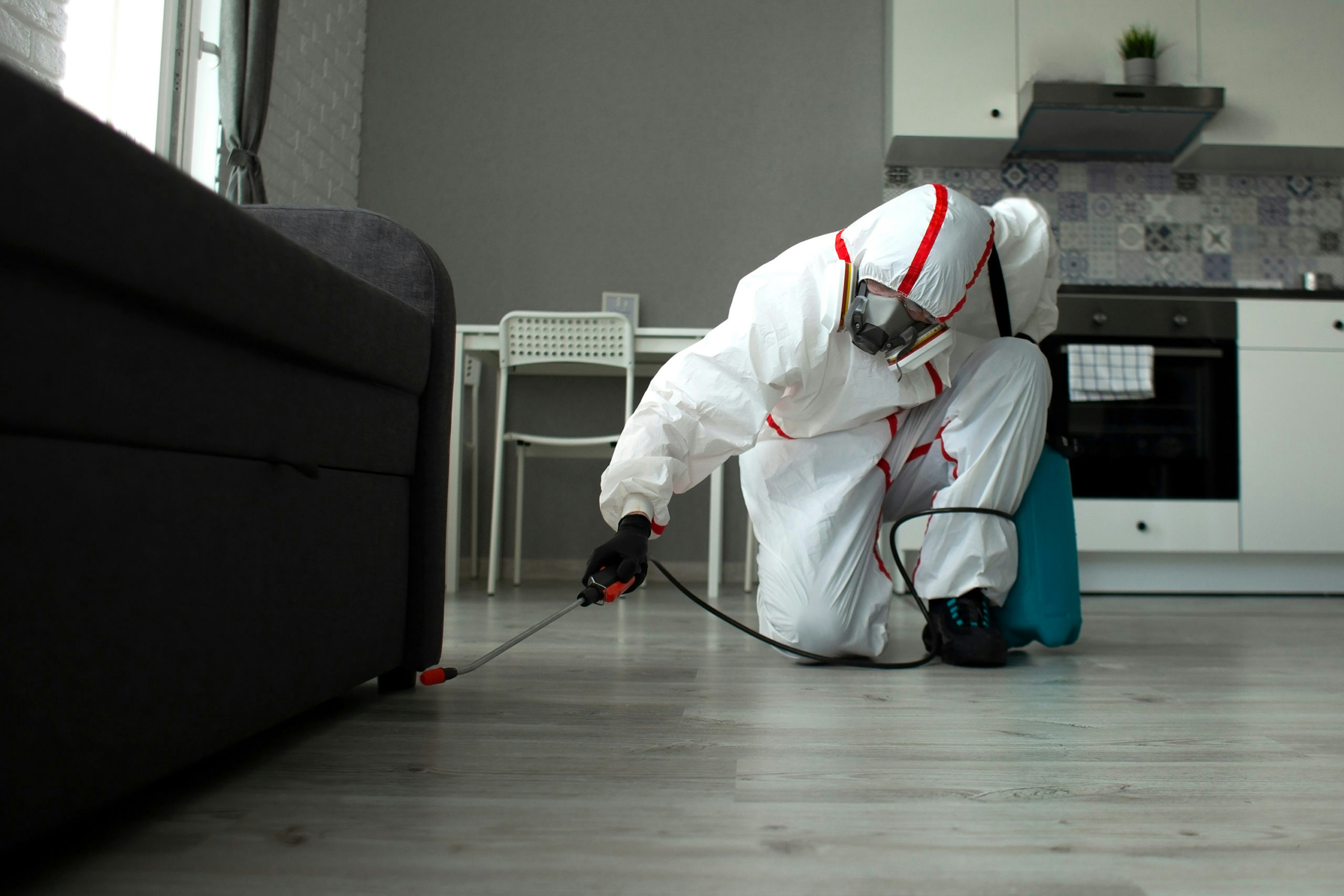Landlord responsibilities – changes to electrical safety regulations 2021/2022
By Alan Boswell Group

Updates to landlord legislation in England mean that rental homes must comply with new electrical safety standards. Tenancies arranged from July last year should already meet these standards but from 1 April 2021, all your new and existing tenancies will need to conform.
The new electrical safety regulations that must be followed are:
Electrical installations must meet safety standards set out in the current IET wiring regulations.
Testing on electrical installations must be done by a properly qualified electrical professional. This includes members of the NICEIC (National Inspection Council for Electrical Installation Contracting); ECA (Electrical Contractors Association); NAPIT (National Association of Professional Inspectors and Testers).
Testing must be carried out every five years.
Defective wiring or equipment must be repaired to meet current IET wiring regulations.
The changes will apply to the following types of housing:
All private rented homes with one or more paying tenant. The property must be their main place of residence. It does not apply to landlords that rent to the social sector, student housing or care facilities such as refuges, care homes and hospices. Rentals with long leases of seven years or more are also exempt.
The responsibility to organise safety checks falls on landlords who must:
Give tenants a copy of any electrical testing reports within 28 days of checks being carried out.
Provide new tenants with a copy of any electrical testing reports before moving in.
Carry out remedial works within 28 days of being told that electrical safety fails to meet standards.
Tell tenants and the local housing authority when remedial work has been carried out and completed to safety standards.
Local housing authorities will be able to step in and carry out urgent corrective work and recoup costs from landlords if necessary. Official notice must be given to landlords before local authorities can intervene.
Landlords that fail to meet their electrical safety obligations can face fines issued by the local authority of up to £30,000.The legislation can be found in full at Electrical Safety Standards in the Private Rented Sector (England) Regulation 2020.
Electrical safety standards in Scotland
Scotland has also issued updates to safety legislation which come into force from 1 February 2022.From next February, all homes in Scotland must have interlinked smoke/heat detectors. Homes with carbon-based appliances such as boilers, open fires and stoves must also have an interlinked carbon monoxide detector. Currently, only rented homes must meet this requirement.
To comply with the rules, homes will need a system that includes tamper proof smoke/heat/carbon monoxide detectors at the very least. Officially, this is known as a grade D1 alarm system which comes under British Standard BS5839-6. Detectors should be installed in communal spaces which are vital parts of an escape route (for instance, hallways and stairwells).There are no exemptions to this and every home in Scotland (rented or privately owned) must meet this safety ruling by 2022.To help enforce this new legislation, any property being sold must show it meets safety standards before it can be put on the market. If it fails to do so, it can’t be sold.
Read more: Electrical checks for landlords | EICR report guide
Stay on top of your landlord responsibilities
With numerous and frequent updates to landlord legislation it can be difficult to plan ahead. Our landlord hub provides a wealth of advice that can keep you informed and help you meet landlord safety requirements. At Alan Boswell Group, we know just how important it is to keep your assets protected. Our specialist advisors will be able to tailor a landlord insurance policy that puts you and your rental property first.
Need help with your insurance?
Whether you need a quote, have a general enquiry, or want to talk it through over the phone, we're here to help.
Send an enquiry
Related guides and insights

What is an EPC? Regulations Explained
Properties built, sold or leased since 2008 require an Energy Performance Certificate (EPC) and will be affected by Minimum Energy Efficiency Standard (MEES). Do you know how to stay compliant?

Guide to landlord responsibilities
What are the legal responsibilities and obligations of a private landlord? Read our complete guide.

Landlord's responsibilities for pest control
Whether you are a landlord or a tenant, it’s not a pleasant experience dealing with a pest infestation. We look at landlord's and tenant's responsibilities for pest control.
